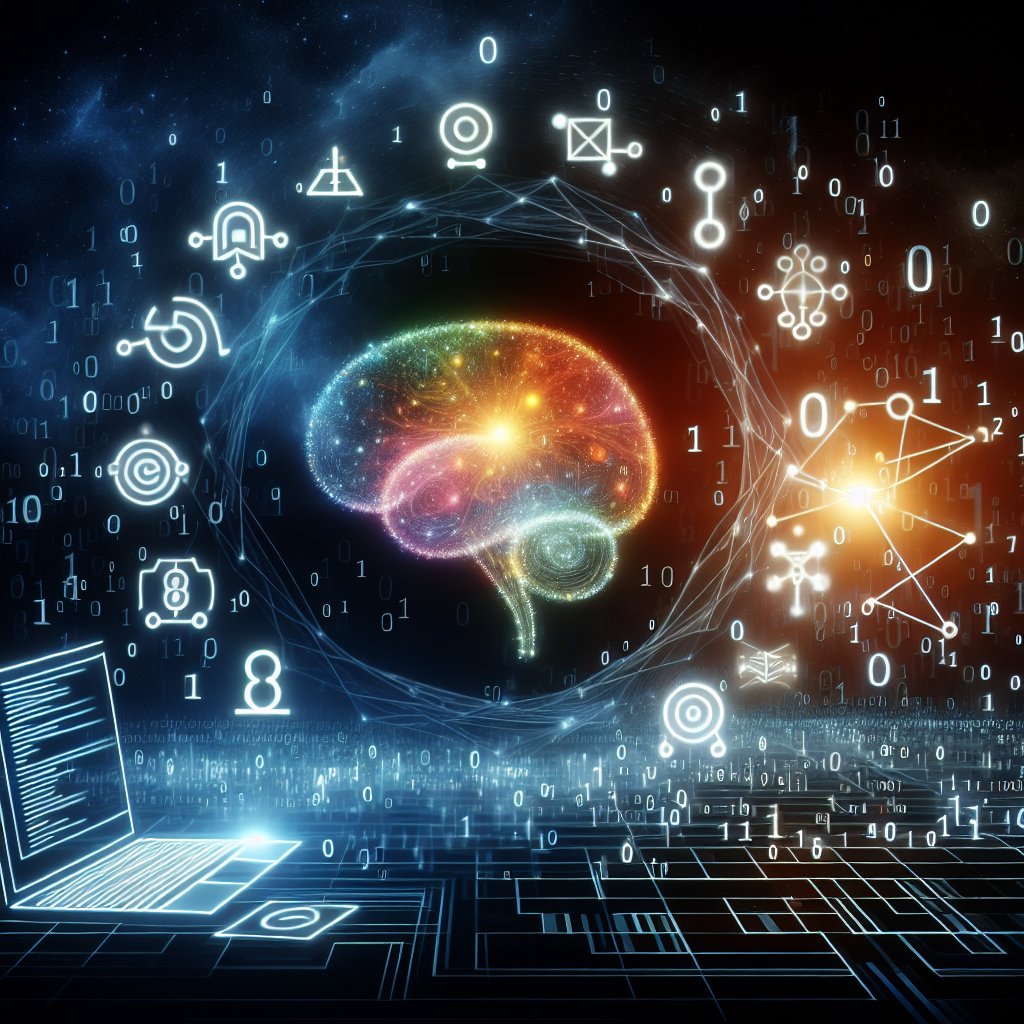The interplay between Artificial Intelligence (AI) and computer science is revolutionizing the tech landscape, sparking widespread interest in how AI’s rapid advancement might impact the future of the computing realm and the computer scientists who operate within it. The evolving role of AI in computer science not only raises questions about job security and the nature of computer-related professions but also points towards a dynamic, collaborative future where the boundaries of innovation are continuously expanded.
Use of AI for Computer Scientists
The integration of Artificial Intelligence (AI) into the realm of computer science has been a game-changer, revolutionizing the way computer scientists approach problem-solving and innovation. As AI continues to evolve, computer scientists are finding new ways to leverage its capabilities to enhance their work, from algorithm development to complex system analysis. The use of AI tools and techniques by computer scientists is not just about automating mundane tasks, but also about opening the door to new possibilities in research and development. By harnessing AI’s potential, computer scientists can push the boundaries of technology, devising solutions that were once thought impossible.
One of the most significant impacts of AI on the field of computer science is its role in accelerating the pace of discovery. AI algorithms are now capable of sifting through vast datasets at unprecedented speeds, identifying patterns and insights that might take humans much longer to uncover. For computer scientists, this means a more streamlined workflow, allowing them to focus on creative aspects of technology design and implementation. With AI’s deep learning capabilities, it is also now possible to build self-learning systems that continually improve their performance without human intervention. The synergy between AI and computer science is rapidly transforming the technology landscape, promising a future where AI is an essential tool in every computer scientist’s toolkit.
The potential for AI to replace Computer Scientists
As artificial intelligence (AI) technology advances at a swift pace, there is increasing curiosity about its impact on various professions, including computer scientists. AI systems are now capable of automating complex tasks that were once considered the exclusive domain of human experts. Such capabilities extend from rudimentary code generation to the optimization of intricate algorithms, suggesting a potential shift in the landscape of the computing industry. The implications for professionals in the field of computer science are profound, as AI continues to develop sophisticated problem-solving skills that could complement, or in some cases, substitute human intelligence.
The conversation around AI and its potential to replace computer scientists is nuanced and multifaceted. While automation could streamline repetitive aspects of programming and data analysis, the creativity and innovation central to computer science still heavily rely on human intellect. AI can be a collaborative tool, enhancing the efficiency of computer scientists, but the question remains if it could fully replicate the intuitive and abstract thinking required for breakthrough technological advances. As we edge towards an increasingly digital future, the integration of AI in computer science prompts both opportunities for enhanced productivity and critical discussions about the future of human employment in tech-centric roles.
How Can Computer Scientists Adapt to Advances in AI?
As AI technology continues to evolve at a remarkable pace, computer scientists are finding themselves at the helm of an unprecedented technological revolution. Staying relevant in this rapidly changing environment means adapting to the new tools and methodologies AI brings to the table. For computer scientists, this involves a commitment to lifelong learning and an openness to interdisciplinary collaboration. They must broaden their skill sets to include AI and machine learning proficiency, while also honing their abilities in data analytics, as data is the fuel that powers AI engines. Embracing these advances not only enhances their capabilities but also opens up innovative paths for problem-solving and development within the field.
What Are the New Opportunities in Computer Science Because of AI?
The emergence of Artificial Intelligence (AI) has revolutionized the landscape of computer science, opening new doors and creating unprecedented opportunities for innovation. As AI continues to evolve, it forges new pathways in research and development, pushing the boundaries of what is possible in computing. Computer scientists are been offered an arena of complex challenges and possibilities, ranging from the development of intelligent algorithms to the creation of autonomous systems. This dynamic environment invites a blend of expertise in machine learning, neural networks, and cognitive computing, allowing professionals to contribute to the advancement of smart technologies that can learn, adapt, and potentially think.
Riding the wave of AI, new career prospects are simmering within the field of computer science. Enthusiasts and professionals alike are finding niches in designing AI-powered applications, enhancing data analytics, and ensuring ethical AI deployment. Academia and industry are bustling with demand for experts who can navigate the intricacies of AI and leverage its capabilities to solve real-world problems. As AI applications permeate every sector, from healthcare to finance, the skills associated with AI within computer science are becoming highly sought after, suggesting a future rich with opportunity for those poised to embrace these technological changes.
How Will AI Influence the Curriculum for Computer Science Education?
The landscape of computer science education is poised for transformation as artificial intelligence (AI) technologies become increasingly integrated into the curriculum. AI’s influence is not limited to the content being taught; it’s altering the very methods through which computer science is delivered. With AI-driven tools and platforms, educators have the opportunity to create more personalized learning experiences for students. These adaptive learning environments can identify individual student needs, tailoring content to address weaknesses and build on strengths. As a result, the academic journey within computer science becomes more efficient and effective, promising a generation of graduates who are better equipped for the AI-augmented workforce.







